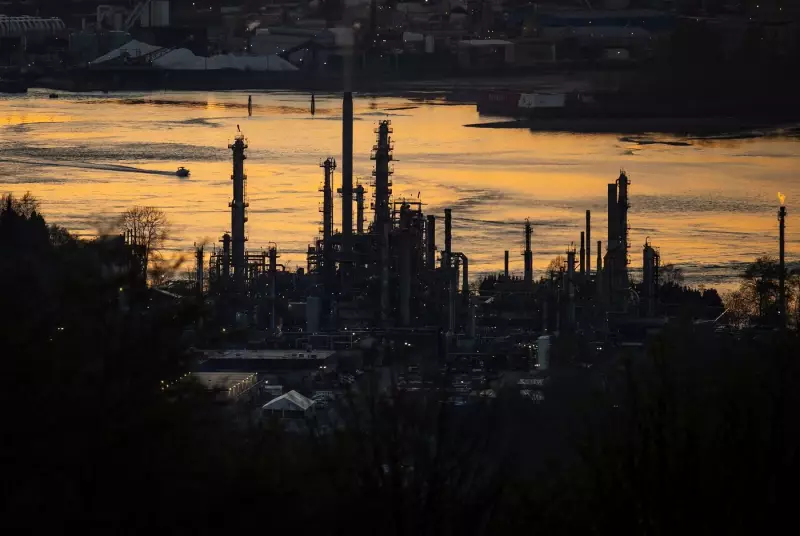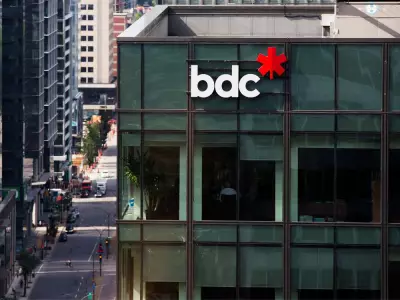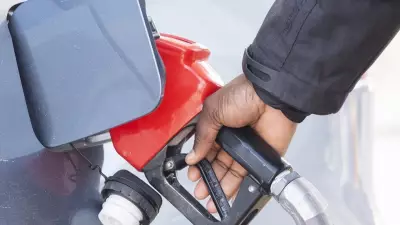
In a move that signals significant consolidation in North America's energy sector, one of British Columbia's key fuel production facilities is poised to fall under American ownership. Calgary-based Parkland Corporation has announced a monumental $9.1 billion agreement that will transfer control of substantial assets, including the Burnaby refinery, to U.S. energy giant Sinclair.
Transformative Deal Reshapes Canadian Energy Landscape
The comprehensive agreement involves Sinclair acquiring Parkland's USA division alongside the company's entire international operations. This strategic shift means the Burnaby refinery, a crucial component of British Columbia's fuel supply chain, will now answer to corporate leadership south of the border.
Parkland's leadership frames the transaction as a strategic optimization, enabling the company to sharpen its focus on core Canadian operations while generating substantial value for shareholders. The deal represents one of the largest cross-border energy acquisitions in recent Canadian history.
Burnaby Refinery: A Strategic West Coast Asset
The Burnaby facility represents significant energy infrastructure for British Columbia, processing crude oil into gasoline, diesel, and other essential petroleum products that fuel the Lower Mainland and beyond. Its strategic location makes it a vital component of the region's energy security.
Industry analysts note that the acquisition positions Sinclair as a major player in West Coast energy markets, expanding the Utah-based company's footprint deep into Canadian territory. The move comes amid ongoing transitions in global energy markets as companies position themselves for evolving consumer demands and regulatory environments.
What This Means for British Columbia
While ownership transitions often raise questions about operational continuity and employment, initial indications suggest the refinery will continue normal operations under new management. The facility's workforce and local supply chain relationships are expected to remain largely intact, though corporate strategy may evolve under Sinclair's direction.
The transaction, subject to regulatory approvals and customary closing conditions, is anticipated to finalize in the coming quarters. When completed, it will mark the end of an era for Parkland's international ambitions while opening a new chapter for one of British Columbia's most important industrial assets.





